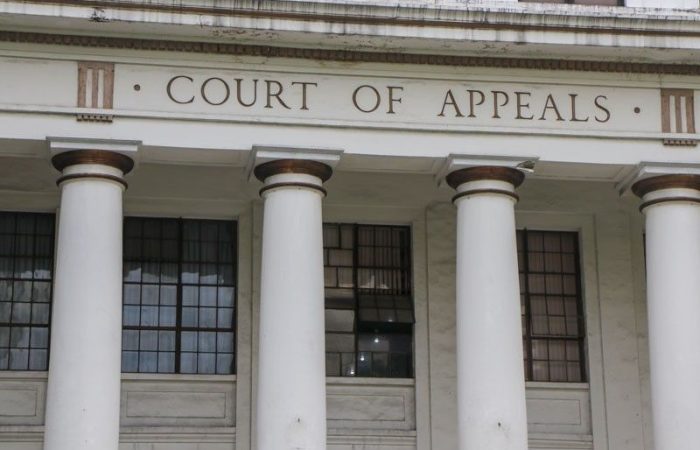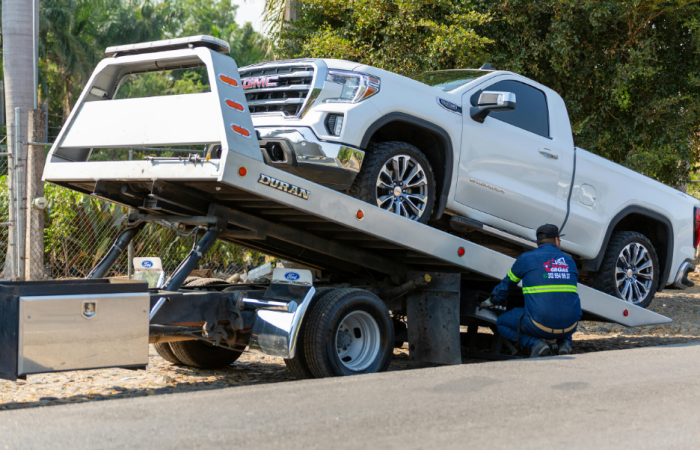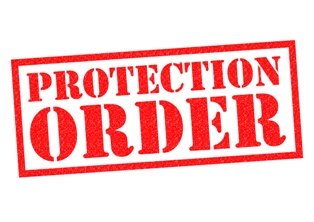By Aida Al-Akhdar
Finding a reputable and affordable auto repair facility when your vehicle breaks down or requires routine maintenance can be challenging, and many car owners may not know what repair fees are reasonable. No car owner wants a repair facility to surprise them with large bills after work has been completed, subjecting the car owner to high out-of-pocket costs or even a mechanic’s lien. That is why Virginia Lawmakers passed the Automobile Repair Facilities Act (ARFA).
What rights do car owners have when they bring their car to an auto repair facility?
Consumers have the right to a written estimate. The ARFA protects car owners by empowering them to learn about auto repair facilities’ fees before car owners authorize work on their cars. At a car owner’s request, and for no more than a $25 fee, a repair facility must provide a breakdown of “(i) the estimated cost of labor necessary to complete the work, (ii) the estimated cost of parts necessary to complete work, (iii) a description of the problem or work as described or authorized by the customer, and (iv) the estimated completion time.” The ARFA allows repair facilities to impose conditions “in providing written estimates, such as the limited hours when written estimates will be prepared or the amount of the reasonable fee charged for preparing a written estimate and for related diagnostic work”; however, repair facilities must disclose these conditions to car owners when car owners requests written estimates.
Charges in excess of the written estimate require consumer approval. When a car owner requests a written estimate, the repair facility may not do any work on the car, other than a diagnostic test, until the car owner receives the written estimate and subsequently authorizes work. Furthermore, when repair work begins, the total cost of repairs a car owner has to pay must not exceed 10% of the written estimate (or if the car is 25-years-old or older, 20% of the written estimate price or extension of the time for the work) without the consumer’s explicit authorization.
Repair facilities may have to return removed parts to consumers, and consumers have the right to inspect parts. The ARFA empowers car owners to inspect parts the repair facility removes from the owner’s vehicle during the repair process. While consumers cannot always take custody of replaced parts (sometimes parts under warranty with the manufacturer / distributor must be returned to the manufacturer / distributor), consumers always retain the right to inspect the parts before the parts are returned.
Car owners must receive written invoices once work is completed. The ARFA requires repair facilities to furnish car owners with an itemized invoice for parts, labor, and other costs associated with the repair once the repair is complete and payment is due. Even if a car repair is paid for with a warranty, a car owner is entitled to a written invoice. However, if the repair facility does work on an “advertised single price basis,” the facility does not have to provide the car owner with a written invoice.
Repair facilities must post notice of these consumer rights. Repair facilities must have a conspicuous sign where cars are received for repairs that outlines consumer rights under ARFA, including the following:
- car owners have the right to a written estimate;
- repair facilities shall not exceed 10% of the estimate price unless car owners give express authorization;
- repair facilities may impose conditions for providing a written statement;
- repair facilities “shall offer to return all replaced parts except warranty, core charge or trade-in parts required to be returned to a manufacturer or distributor”;
- car owners may file complaints about potential violations of these policies with the Office of the Attorney General Division of Consumer Counsel of the Department of Law.
Car owners are protected by the Virginia Consumer Protection Act. Lastly, and most notably, violations of the ARFA are subject to the enforcement provisions of the Virginia Consumer Protection Act (VCPA).
What can a car owner do if a repair facility violates the ARFA?
An automobile owner can sue repair facilities in an individual action to recover damages and penalize the repair facility’s for its prohibited practices. For example, if a repair facility willfully violated the ARFA, a car owner may be entitled to three times the actual damages the car owner incurred from the repair under the VCPA and reasonable attorney’s fees.
Steven Krieger Law, PLLC has experience counseling clients on VCPA violations and the remedies available to wronged consumers. Please feel free to contact us for a consultation to determine if an auto repair facility violated your consumer rights and what you may be entitled to recover.



